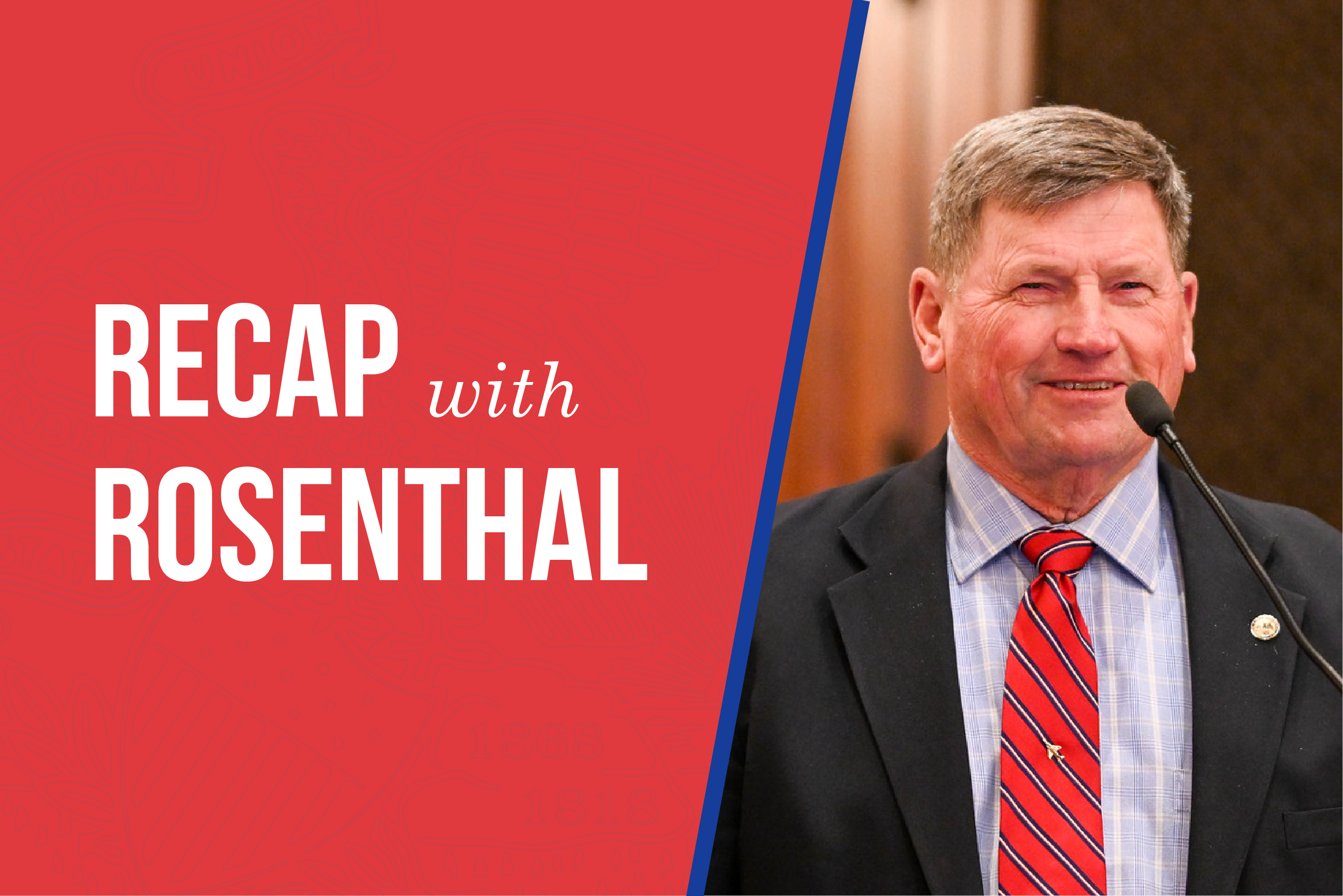CORRUPTION
Madigan corruption trial convenes; jury selection begins. A major criminal trial of former Illinois House Speaker Michael J. Madigan began this week in Chicago.
Madigan faces bribery and racketeering charges.
The former speaker is charged, along with his longtime friend and confidant, Mike McClain.
A 117-page superseding racketeering indictment accuses him of leading what prosecutors call the “Madigan Enterprise,” dedicated to enriching himself and his political cronies, while also maintaining his party in power in Springfield. Both men have pleaded not guilty.
The federal trial has commenced with an extensive questioning procedure to select jurors for the trial. The Madigan trial is expected to receive extensive media coverage and to go well into December. Potential jurors are being asked:
- Whether they feel like there’s an issue with the political system in Illinois;
- Whether they feel that lobbying is a bad thing; and
- Whether they feel politicians shouldn’t mix business and politics.
Legal observers believe that evidence will be presented that will dig significantly into issues related to the perceived intermingling of money, power, and political clout in Chicago and Springfield.
ELECTIONS
McCombie Files Voter Integrity Bill, Calls for Proof of Citizenship. This week Illinois House Minority Leader Tony McCombie filed legislation to require proof of citizenship during voter registration. This bill is a proactive step toward enhancing voter integrity and election security, which are cornerstones of a functioning democracy.
“Protecting the democratic process means ensuring that every vote is legitimate and counted. Requiring proof of citizenship during voter registration is a commonsense safeguard that helps protect the integrity of our elections,” said Leader McCombie.
With concerns about election fraud, this legislation is a necessary step to strengthen trust in the electoral process. “As Illinois continues to feel the effects of the ongoing migrant crisis, it’s critical that we make changes to safeguard our elections and free from any doubt,” continued McCombie. “Safeguarding our voting process protects the core of our democracy, and we must take every opportunity to make it better.”
The bill, HB5887, has gained support from the House Republican Caucus and will proceed through the legislative process as a measure to protect both voter confidence and democratic integrity.
BUDGET
Illinois will issue up to $1.7 billion of GO bonds this month. Illinois will sell up to $1.1 billion of general obligation refunding bonds and $600 million of taxable and tax-exempt new money General Obligation (GO) bonds by the middle of October.
“General obligation” bonds are debt that explicitly references the full faith and credit of the State of Illinois and its taxpayers. The rollover issue of $1,087,800,000 in general obligation (GO) debt, and the separate new issue of $600,000,000 in new debt, will be sold in New York City on or about October 16, 2024.
The overall fiscal plan developed by Gov. Pritzker’s Governor’s Office of Management and Budget (GOMB) encompasses approximately $600 million in taxable and non-taxable new GO debt. These are new debts that represent an additional debt load being imposed upon Illinois taxpayers. Even if global interest rates drop over the next 5 to 10 years, Illinois will not be able to pay off many of these new bonds ahead of time. As part of the legal covenant attached to this $600 million loan, the State of Illinois will sign a binding pledge, with the sale, that it will not refund any new debt until October 1, 2033, at the earliest. This means that Illinois taxpayers are about to make a binding promise to pay interest to the bondholders for at least 9 years.
These two debt issuances create an overall package of almost $1.7 billion in new and rolled-over interest-bearing obligations of the State and its taxpayers. While Illinois’ FY25 budget is ostensibly “balanced,” as is required by the Constitution, Illinois continues to roll over its existing debts and to borrow net new money. Although Illinois tax rates are significantly higher than the taxes imposed by most U.S. states, the revenue these taxes bring in is not enough to meet overall State spending obligations.
Breast Cancer Awareness Month
October is Breast Cancer Awareness Month. In October, we recognize Breast Cancer Awareness Month. This is a time to raise awareness about this disease that affects millions of individuals and families across the nation. In Illinois alone, approximately 12,000 women are diagnosed with breast cancer each year, according to the Illinois Department of Public Health. This statistic shows the urgent need for education, early detection, and support for those affected.
Breast cancer is the most common cancer among women in the United States, and while survival rates have improved significantly over the past few decades, early detection remains crucial. The American Cancer Society reports that when detected early, the five-year survival rate is about 99%. This is why regular screenings, such as mammograms, which can detect cancer before symptoms appear, are highly recommended.
Early detection not only saves lives but also reduces the treatment burden and costs associated with advanced stages of cancer. Women aged 40 and older are encouraged to have annual mammograms, while younger women should consult their healthcare providers about their individual risk factors. The Illinois Department of Public Health offers resources and programs to help women access screenings, especially those who may face barriers to care.
For more information on breast cancer resources and support in Illinois, read about the Illinois Breast and Cervical Cancer Program (IBCCP) here: IL Breast & Cervical Cancer Program (IBCCP) (illinois.gov).
